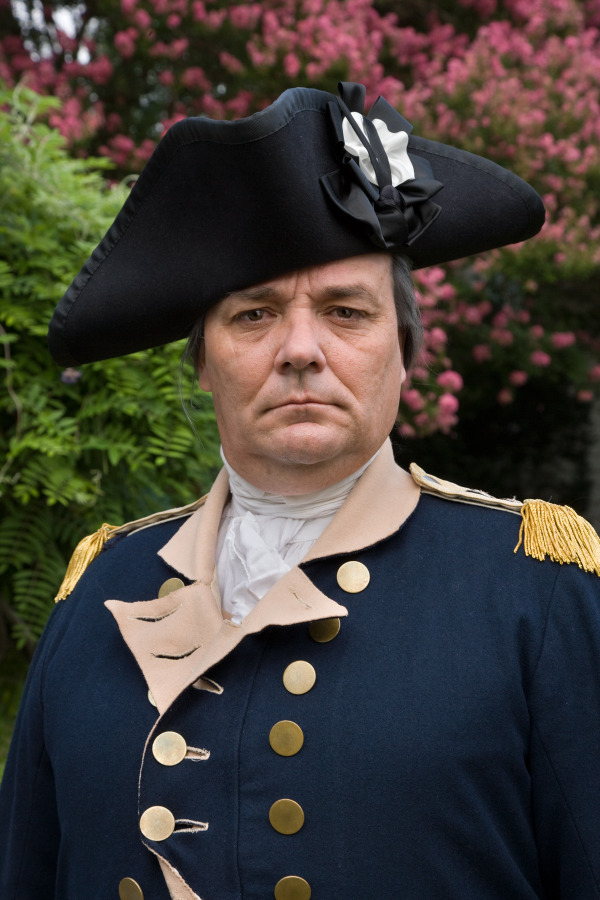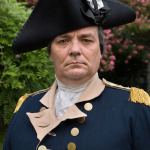
George Washington’s birthday was Sunday, Feb. 22, and it is appropriate for us to look past the mattress and car sales invoking his name and pause to reflect on his many contributions to our country. From the distance of more than two centuries, how should we assess his impact on the United States? And what relevance does his life have for us in 2015?
The first question is easier to answer than the second. The man whom fellow Virginian Henry Lee eulogized as “First in war, first in peace, and first in the hearts of his countrymen,” is still the best known of all our former presidents, even if much of Washington’s inner life was removed from us forever when his wife, Martha, burned their personal correspondence upon his death (as was the custom of the time).
Washington’s story is well known to every school child: a British officer in the French and Indian War, Commander-in-Chief of the Continental Army during the Revolutionary War, and victorious general at the Battle of Yorktown. He presided over the Continental Congress that drafted our Constitution, was elected unanimously as our first president, then prevailed upon to serve a second four-year term (again elected unanimously) before finally being allowed to retire to his beloved Mount Vernon. It is hard to imagine this United States without him. The contours of our preeminent Founding Father’s eventful life still command the highest respect and admiration, and deservedly so.
But the challenge is that such an exemplary leader forever lies beyond our reach: How can any of us relate to Washington’s accomplishments? The pedestal on which he stands allows us to gaze in admiration, but the distance is so great that it provides little help in understanding how we might be inspired by his example.
We know that Washington was no fire-breathing Patrick Henry or Samuel Adams, fulminating at King George III and eager to take up arms. Washington’s journey from loyal British officer to committed revolutionary can be measured in years. Indeed, Washington feared the coming revolution more than he welcomed it: “The once happy and peaceful plains of America are either to be drenched with blood, or inhabited by slaves,” he wrote to a friend in the spring of 1775. “Sad alternative!” A recent biographer, Ron Chernow, aptly describes Washington as a “conservative revolutionary.”
Perhaps here in Williamsburg is where Washington is most accessible, and most relevant, for those of us in the 21st century. He thought deeply and at great length about the relationship between the individual and the state, about rights and responsibilities, about private gain versus common wealth, and about respect for the rule of law and when it may be justified to oppose it.
And these thoughts were not mere theoretical musings. Everything Washington had worked for his entire life, including, perhaps most of all, his “sacred Honor,” depended on the answers and his subsequent actions. Every aspect of his life lay in the balance.
Washington’s time may seem distant, but the many serious challenges we face as American citizens in the months and years ahead involve the very questions that a young Washington sought to resolve for himself and, later, for the Nation he helped create. At home, we face a lagging jobs market, income inequality and uneven educational opportunities. Overseas, terrorism, conflict and human rights abuses abound.
We know that Washington devoted time to study and understand the fateful decisions that lay before him and his fellow colonists. So perhaps the best way we can honor his memory is to take the time, as he once did, to devote ourselves to understanding the serious choices before us.
On this anniversary of Washington’s birthday, let’s unplug ourselves from the paid talking heads cluttering our airwaves and the intense partisan bickering that currently substitutes for statesmanship. Instead, let’s take a rare moment to reconnect with the idea of America that Washington and others envisioned—the very idea that led a relative of ours to leave distant shores for a new beginning here or to sacrifice their life abroad in its defense.
We are the posterity that Washington worried about so much. It’s appropriate that we worry a bit more about whether we’re living up to his expectations.
Mitchell Reiss is president and CEO of The Colonial Williamsburg Foundation. His essay on George Washington first appeared in the Virginia Gazette.

Leave a Reply